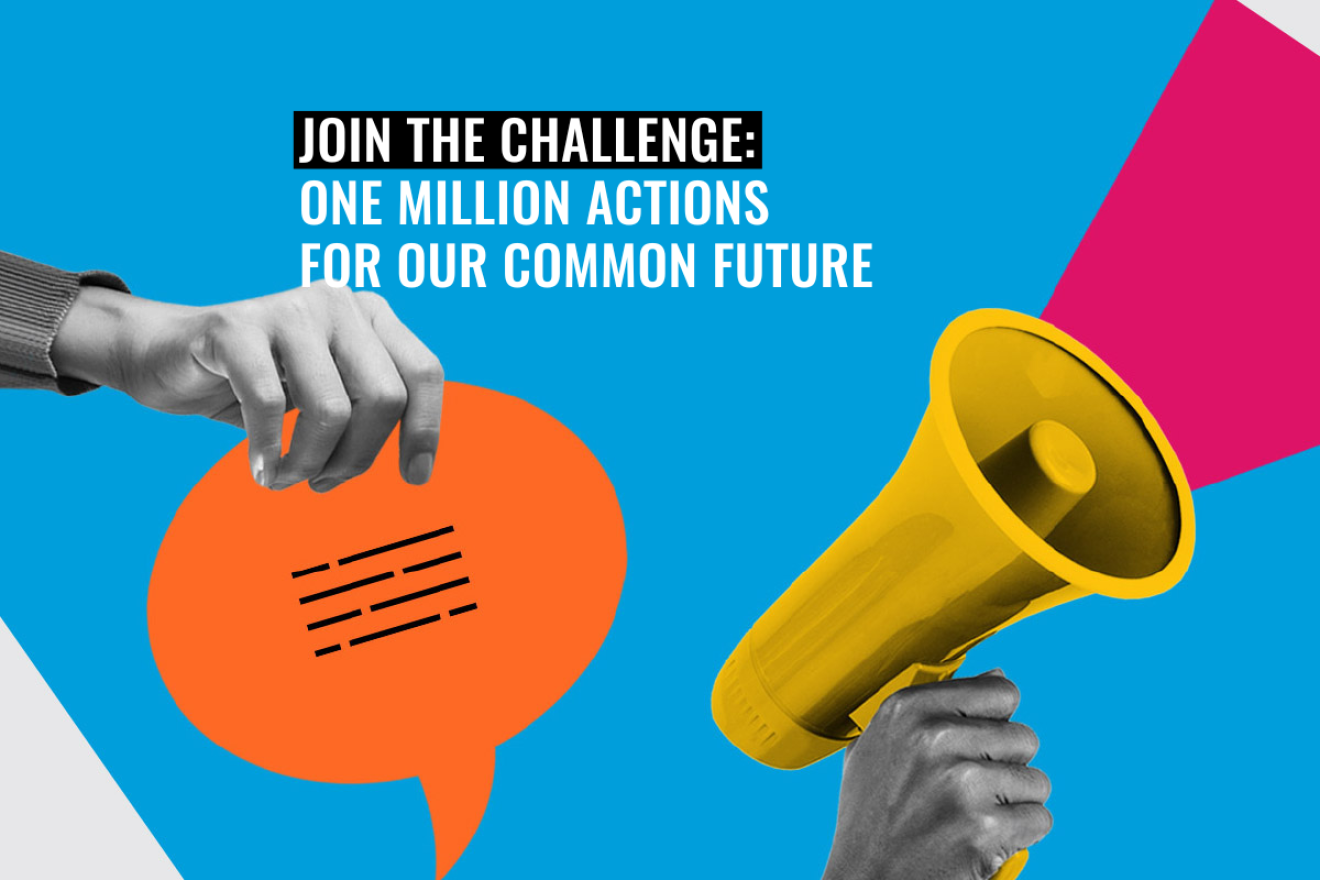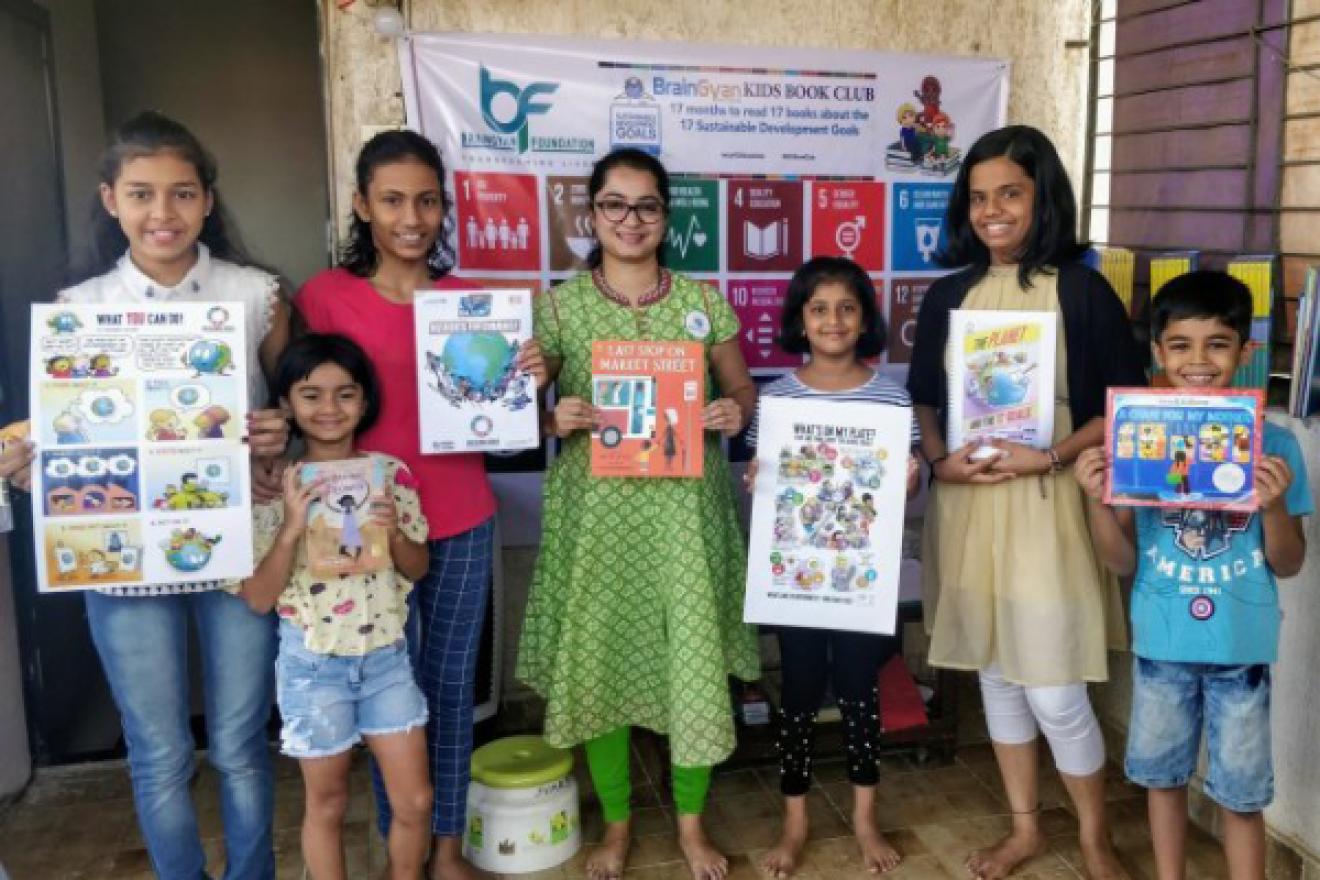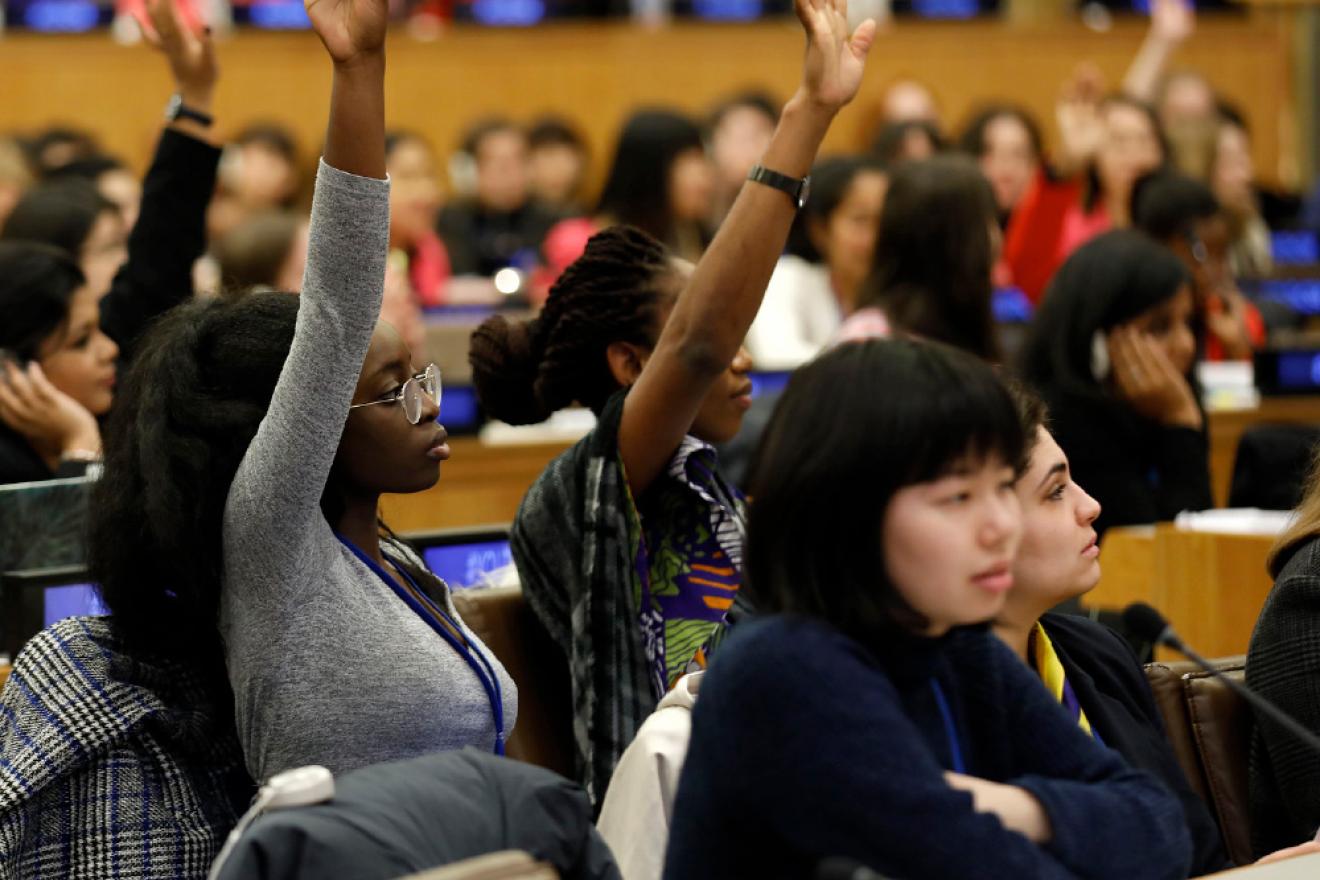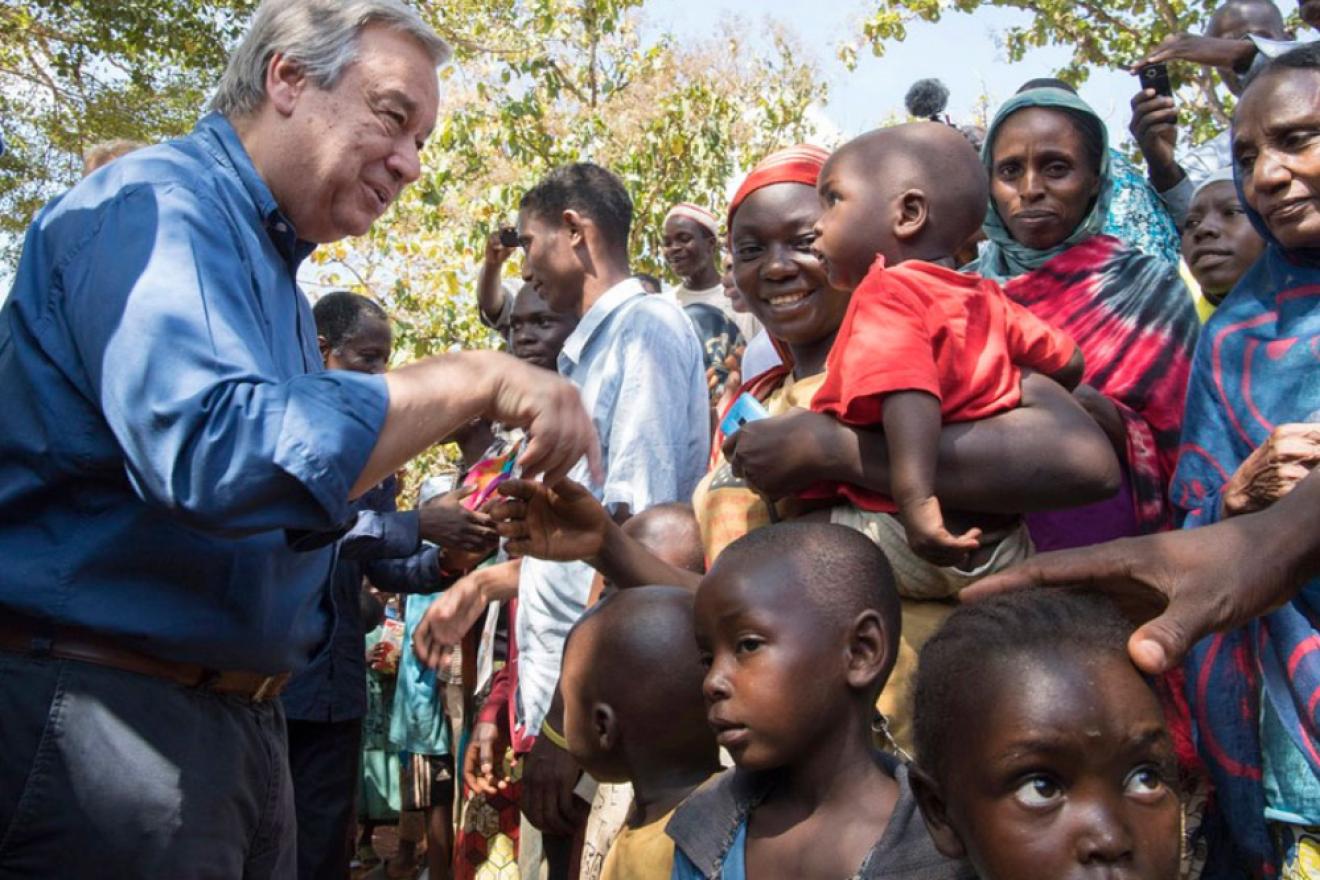ActNow is the UN campaign to inspire people to act for the Sustainable Development Goals (SDGs). In the lead up to the Summit of the Future, join the 1 Million Actions for our Common Future challenge to contribute to a more sustainable and peaceful world. Find new inspiring actions on the app and at un.org/actnow.
Advancing social justice and inclusion for people of African descent
The International Day for People of African Descent, 31 August, celebrates the extraordinary contributions of the African diaspora. This year also marks the end of the International Decade for People of African Descent (2015-2024). While some progress has been made at legislative, policy and institutional levels, people of African descent continue to suffer intersectional and compounded forms of racial discrimination, marginalization, and exclusion. Further action, political will and investments are needed to end inequalities and ensure the full empowerment of people of African descent.

Humanitarian pauses in Gaza pave way for polio vaccinations
30 August 2024 — UN aid teams have reached a tentative agreement with parties involved in the war in Gaza for humanitarian pauses to allow 640,000 children to be vaccinated amid an outbreak of the...
Security Council debates Gaza as WHO announces polio pauses for lifesaving vaccination campaign
29 August 2024 — The UN Security Council met in emergency session in New York on the continuing crisis in Gaza and the occupied West Bank on Thursday. Earlier, the World Health Organization (WHO)...
West Bank crisis: UN chief calls for immediate halt to Israeli strikes
29 August 2024 — As the crisis in the West Bank continues to escalate alongside the ongoing war in Gaza, UN Secretary-General António Guterres has called for an “immediate cessation” of Israeli...























